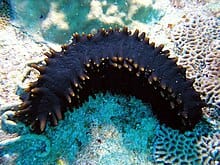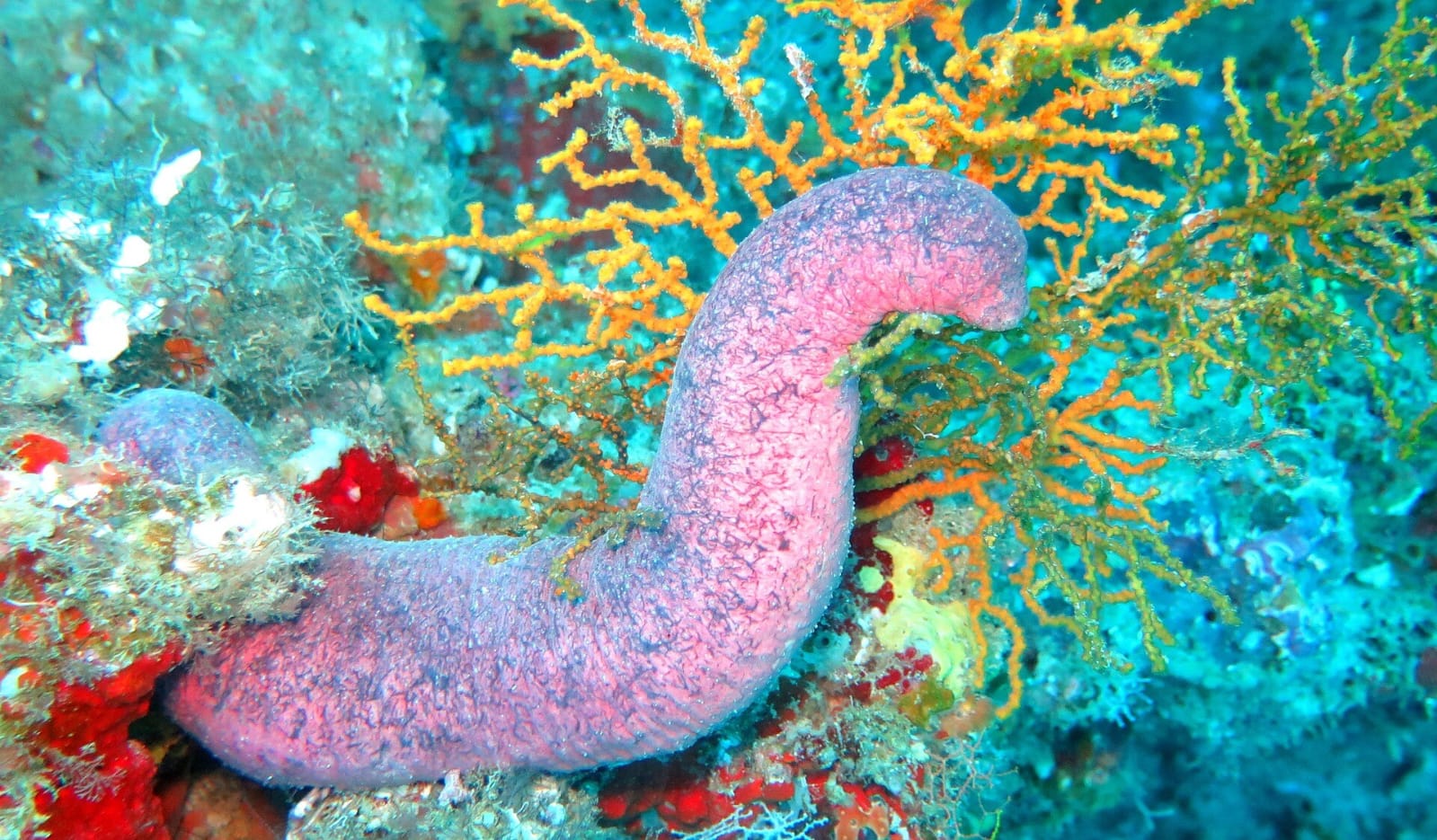Sea cucumbers, recognized for their role in maintaining a clean ocean floor, may provide a novel cancer treatment. A recent study from the University of Mississippi, published in Glycobiology, has identified a distinct sugar in sea cucumbers—specifically, fucosylated chondroitin sulfate from the species Holothuria floridana—that can inhibit Sulf-2, an enzyme that facilitates the spread of cancer cells.
“Marine organisms produce unique compounds with structures not typically found in land-based species, which makes them valuable for research,” said Marwa Farrag, the lead author and a doctoral student at UM. The research team, which included members from Georgetown University, found that this compound from sea cucumbers interferes with Sulf-2 without leading to harmful blood clotting, unlike some existing treatments.
Human cells feature glycans, sugar structures vital for cell communication and immune response. Cancer cells alter these glycans using enzymes like Sulf-2, which helps them metastasize. “By inhibiting that enzyme, we could theoretically combat the progression of cancer,” stated Vitor Pomin, an associate professor at UM.
The safety of the sea cucumber sugar is particularly encouraging. “Treatments that affect blood clotting can lead to severe side effects, such as excessive bleeding,” explained Joshua Sharp, a pharmacology professor at UM. “This molecule does not produce that side effect.”
Currently, extracting similar carbohydrate-based therapies from animals like pigs is expensive and poses risks of viral transmission. In contrast, sea cucumbers represent a potentially cleaner source, although their availability is limited for large-scale extraction.
The next step for researchers is to develop an effective laboratory synthesis method for this compound, which would enable animal testing and potentially lead to new cancer therapies. This study highlights the importance of interdisciplinary collaboration in advancing medical science.
Source: Material supported by the National Institutes of Health grant nos. 1P20GM130460-01A1-7936, R01CA238455, P30CA51008 and S10OD028623,




